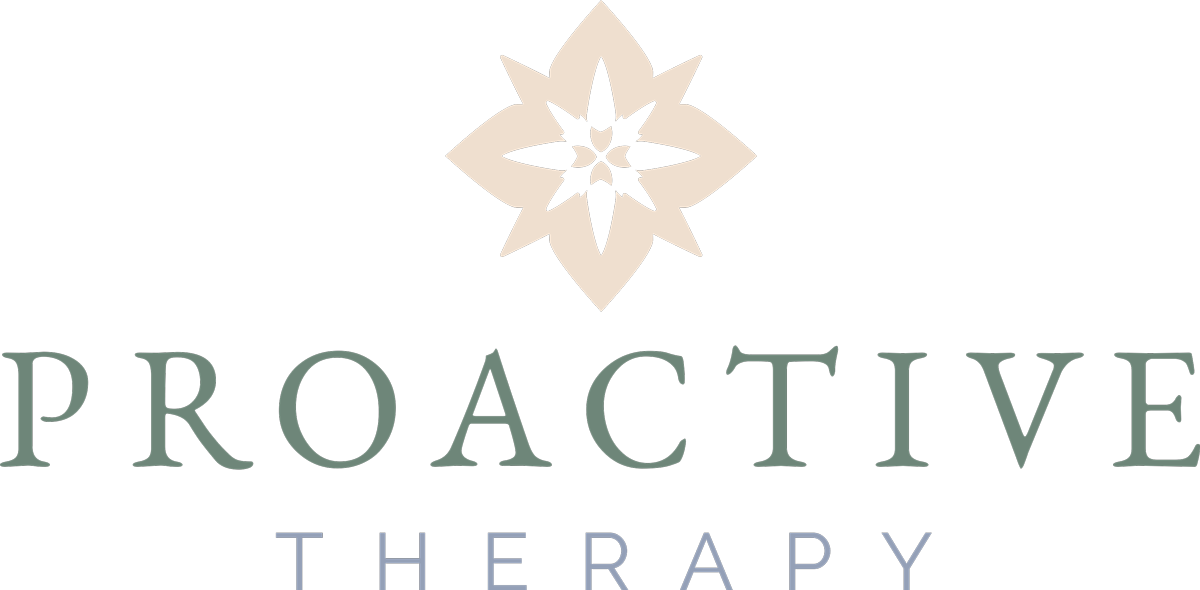What is ACT?
By Tony Bates, JD, AM, LCSW
What do you think of when you think about going to therapy?
Your mind might go to the image of laying on a couch and talking about your childhood, the dream you had last night, or the latest argument you got into with a friend or partner.
You might think about time that focuses on gaining insights and increasing self-knowledge and awareness of the cyclical patterns we can find ourselves in.
You may picture going to therapy for years or even decades if you have a good relationship with your therapist.
Sound familiar?
What we’ll be doing is a little bit different, so if you’re considering seeing an ACT therapist, it can be helpful to know a bit about what you’re getting into!
Acceptance and Commitment Therapy, or ACT (said like the word “act”), is a type of behavioral therapy. That means we’ll be working to do things differently.
In ACT therapy sessions, we’ll work on identifying what really matters to you—who or what in your life gives you a sense of meaning, or purpose—so that we can begin to take concrete steps toward a more enriching life.
For most of us, as we begin to take those steps (or even to start thinking about it!) we find difficulties arise: depression, anxiety, panic, or other forms of pain and distress. Change is hard, and the unknown is scary! And it’s natural to want less of all that, so we may find ourselves avoiding experiences that bring up those thoughts and feelings.
But ACT helps us relate to those experiences differently and gives us tools we can use in those tough moments in order to keep moving forward toward all that good stuff you want more of in life.
ACT practitioners sometimes say that our work is not about “feeling better,” it’s about “getting better at feeling.” It’s about learning concrete skills that allow us to move through life more flexibly, while more consistently keeping an eye towards building a life full of meaning, purpose, and vitality.
Why did this become my area of focus? Two reasons:
1) ACT is what we call an “evidence-based treatment.” That means there’s some good science backing up the methods we use, whether you’re struggling with depression, anxiety, OCD, chronic pain, or just about any other form of troubling thoughts, feelings, or behaviors. It’s not the only evidence-based treatment out there, but it’s one of the big ones.
2) I’m a human, just like you, and ACT has had an enormous impact on my own life and the struggles I face. The ideas make sense to me and I’ve seen firsthand the growth that can come from applying these skills, and I’m passionate about sharing them with clients and fellow clinicians alike.

